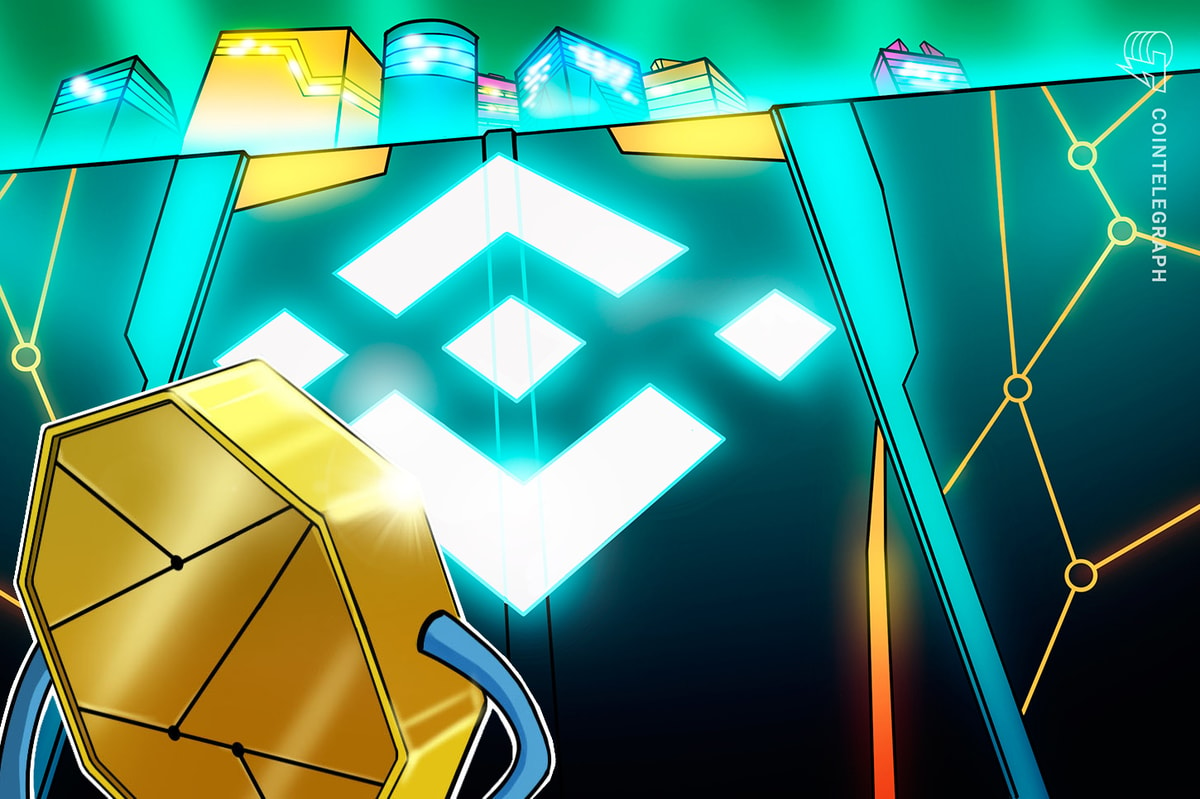The collaboration is set to allow users to build decentralized autonomous organizations quickly and securely, for less than 50 cents, with no coding required.
News
Aragon, an open-source framework designed to launch decentralized autonomous organizations (DAOs), has revealed that its infrastructure is now available on the Polygon network.
The collaboration between Aragon and Polygon Labs will offer users a cost-effective and accessible solution for creating and managing DAOs. The partnership will enable users to now build DAOs quickly, and securely, for as little as 50 cents, with no coding required.
A DAO is an organization that is run through rules encoded as computer programs on a blockchain. Unlike traditional organizations, DAOs operate without a central authority or hierarchy and rely on a distributed network of stakeholders to make decisions and govern the organization.
Through the partnership, users will be able to leverage Aragon’s “lean codebase” and Polygon’s Layer-2 blockchain to rapidly launch DAOs without requiring technical expertise. By employing fully on-chain technology, this new method aims to lower the barriers and costs linked with establishing and administering DAOs, thereby enabling people worldwide to participate in the process at an affordable rate.
Sandeep Nailwal, the co-founder of Polygon Labs, said the partnership would make on-chain governance “accessible to everyone in the world,” thereby contributing positively to the “mass adoption of blockchain technology.”
Established in 2016, Aragon and Polygon have a history of collaboration. In September 2021, Aragon’s initial products were introduced on Polygon’s platform, leading to the creation of more than 6,000 DAOs.
Related: Reddit deploys Gen 3 NFT avatar contracts on Polygon
On March 27, Polygon released its open-source zkEVM Ethereum scaling technology to the mainnet, a zero-knowledge rollup (ZK-rollups) scaling solution equivalent to the Ethereum Virtual Machine. The technology allows thousands of transactions to be batched off-chain, reducing transaction costs and increasing the throughput of smart contract deployments. The technology is set to facilitate the reduction of gas fees for decentralized application users and enable developers to copy existing smart contracts to Polygon’s zkEVM easily.







